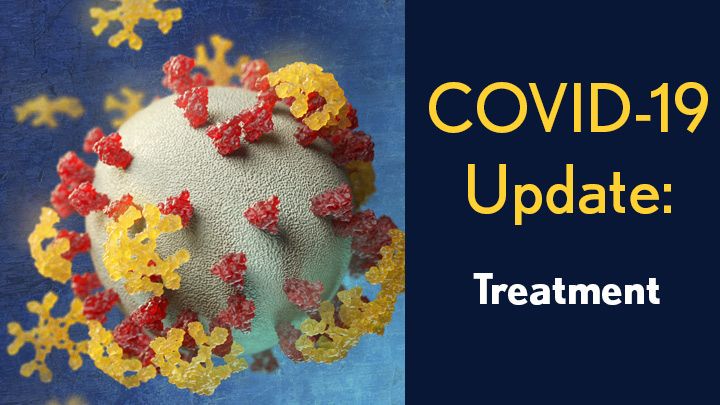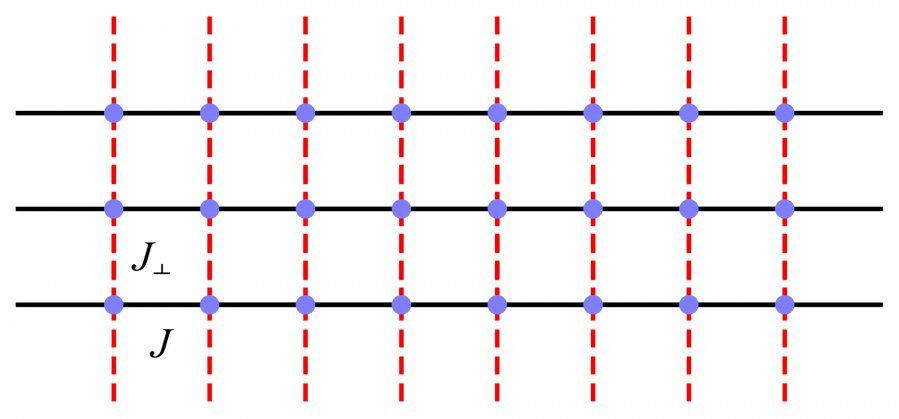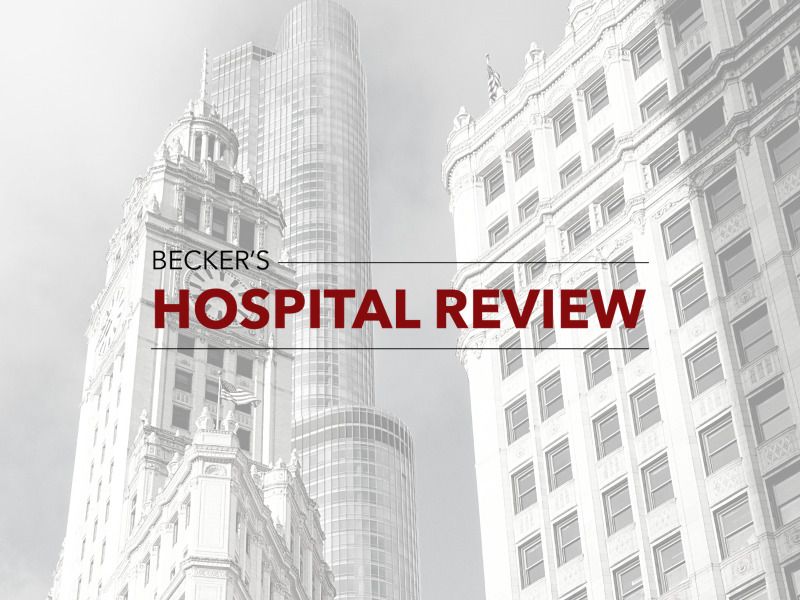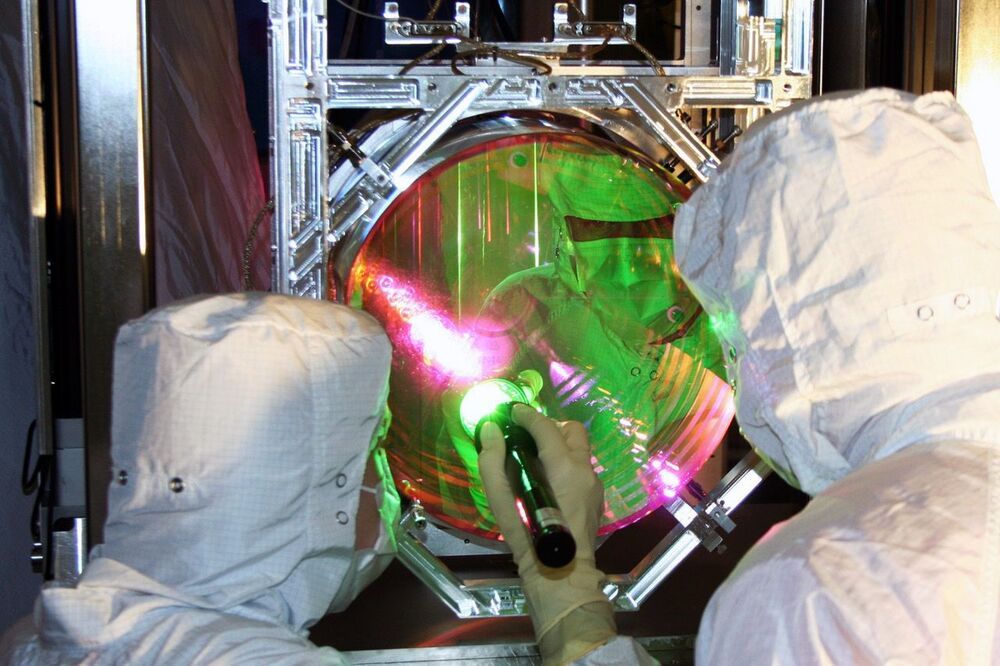There are now several monoclonal antibodies, identical copies of a therapeutic antibody produced in large numbers, that are authorized for the treatment of COVID-19. But in the ongoing effort to beat this terrible pandemic, there’s plenty of room for continued improvements in treating infections with SARS-CoV-2, the virus that causes COVID-19.
With this in mind, I’m pleased to share progress in the development of a specially engineered therapeutic antibody that could be delivered through a nasal spray. Preclinical studies also suggest it may work even better than existing antibody treatments to fight COVID-19, especially now that new SARS-CoV-2 “variants of concern” have become increasingly prevalent.
These findings come from Zhiqiang An, The University of Texas Health Science Center at Houston, and Pei-Yong Shi, The University of Texas Medical Branch at Galveston, and their colleagues. The NIH-supported team recognized that the monoclonal antibodies currently in use all require time-consuming, intravenous infusion at high doses, which has limited their use. Furthermore, because they are delivered through the bloodstream, they aren’t able to reach directly the primary sites of viral infection in the nasal passages and lungs. With the emergence of new SARS-CoV-2 variants, there’s also growing evidence that some of those therapeutic antibodies are becoming less effective in targeting the virus.-Dr Francis Collins.









